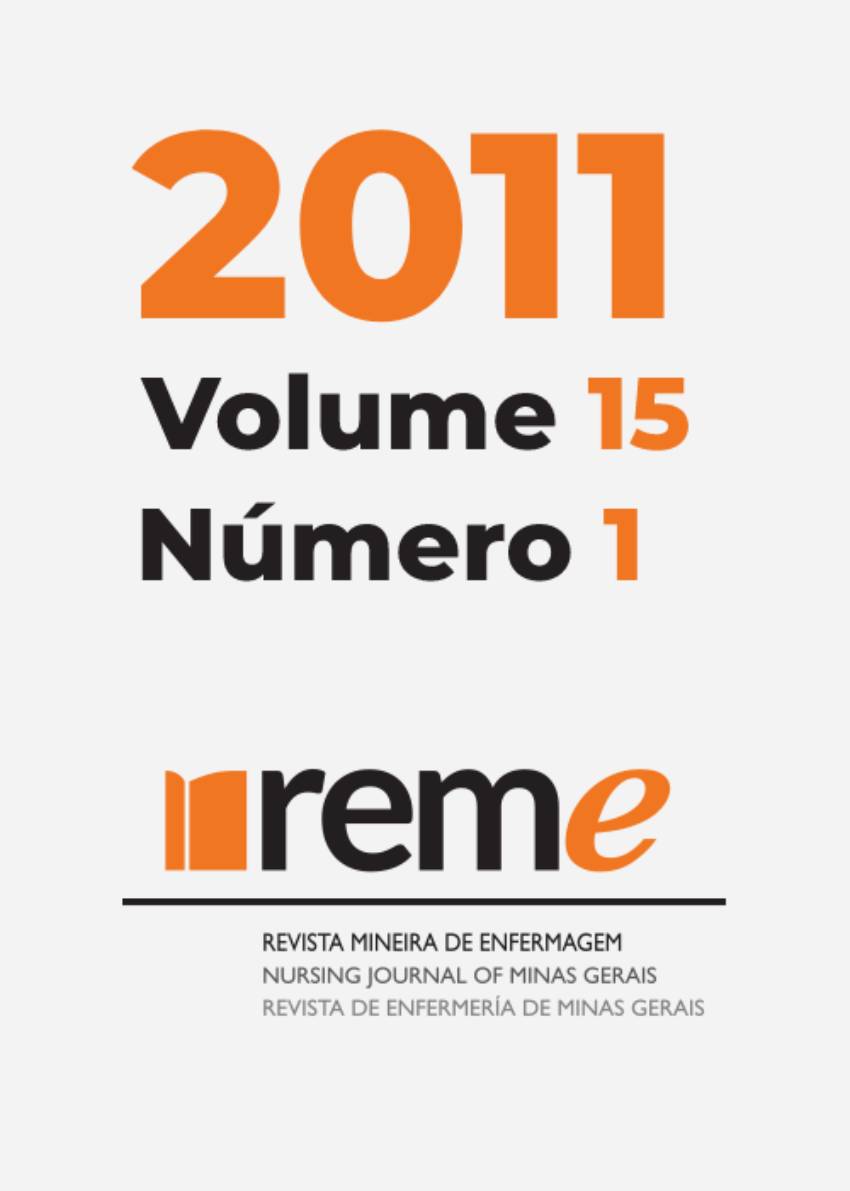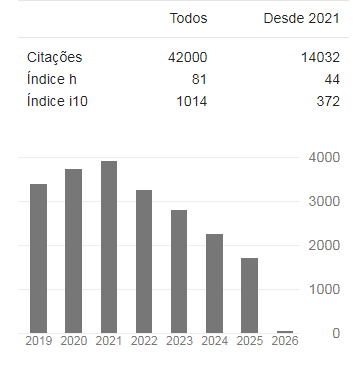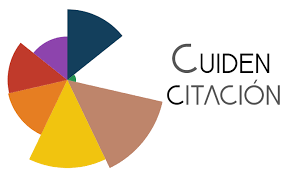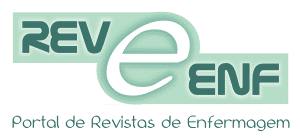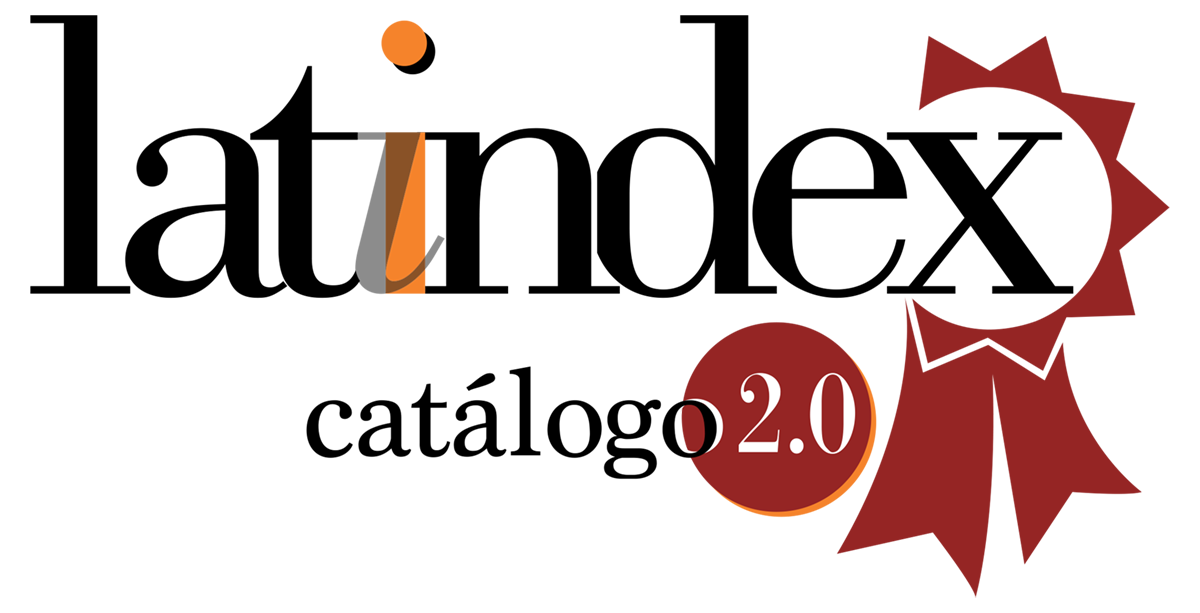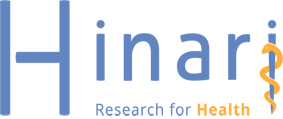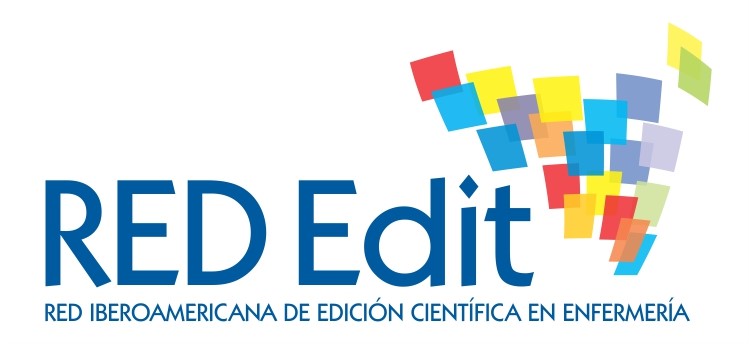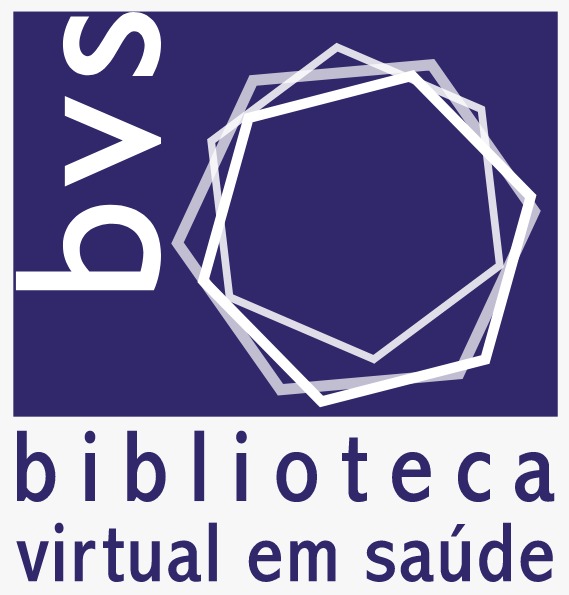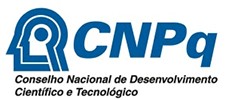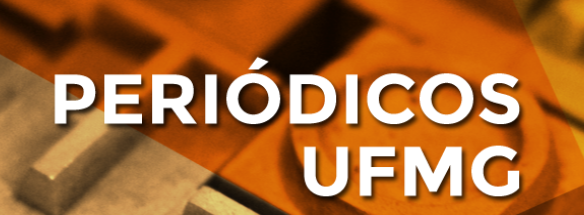Specialization courses and residency in family health care: an analysis on the evaluation approaches
uma analise sobre os enfoques de avaliação
DOI:
https://doi.org/10.5935/2316-9389.2011.v15.50422Keywords:
Family Health, Post graduation Education in Nursing, EvaluationAbstract
Transformation in the Brazilian health assistance model depends on the professional's education in Family Healthcare Strategy (FHS). This study is a theoretical review aimed to examine how specialization courses and residency in family healthcare were evaluated. The analyses presented here were based on papers published in LILACS that offered evaluation results of the training courses in Family Health Strategy. The results revealed that the evaluations studied fit in four categories: Formation/Qualification offered to the professionals, the transformations in the Professional Practices, Profile of the Professional who attends the course and the Student Satisfaction Rates regarding the course/residency. The results indicated that even though the professional's qualification is of the utmost importance the courses impact on changing assistance models and practices are not sufficiently evaluated.Downloads
Download data is not yet available.
Downloads
Published
2011-03-01
Issue
Section
Review
License
Copyright (c) 2011 Reme: Revista Mineira de Enfermagem

This work is licensed under a Creative Commons Attribution 4.0 International License.
How to Cite
1.
Specialization courses and residency in family health care: an analysis on the evaluation approaches: uma analise sobre os enfoques de avaliação. REME Rev Min Enferm. [Internet]. 2011 Mar. 1 [cited 2026 Feb. 5];15(1). Available from: https://periodicos.ufmg.br/index.php/reme/article/view/50422

